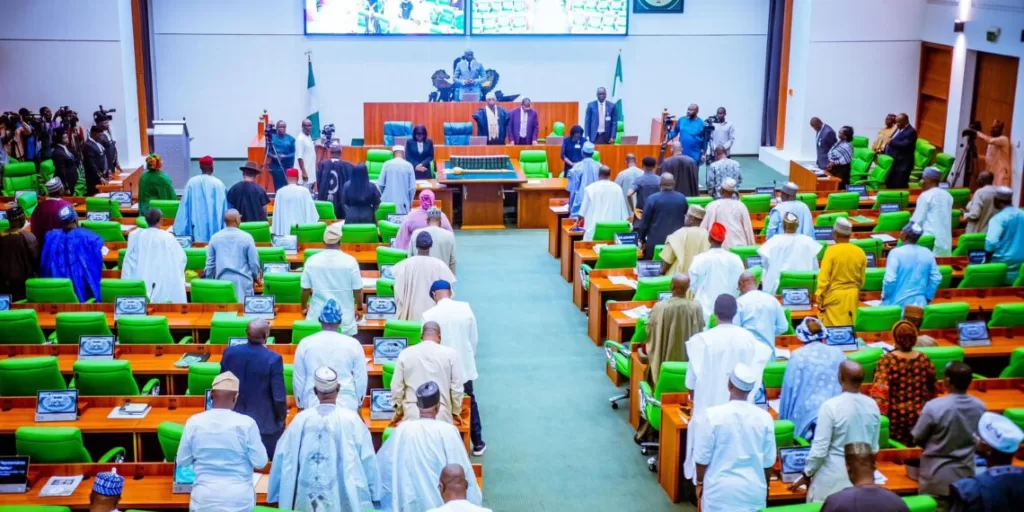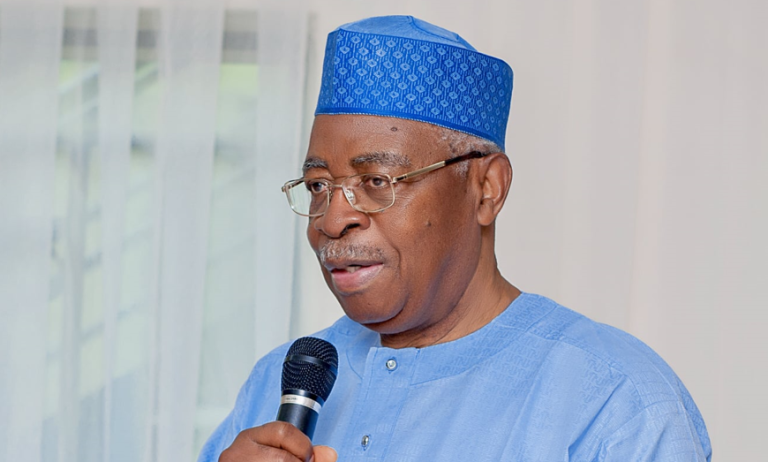
As Nigeria witnesses an unprecedented intervention in Rivers State, many are asking: Is it legal for the National Assembly to take over the legislative duties of a State House of Assembly?
Here’s what the Constitution says, and why this matters.
What Happened?
The Speaker of the House of Representatives, Rt. Hon. Tajudeen Abbas, inaugurated an ad-hoc committee to legislate on behalf of the suspended Rivers State House of Assembly. The move comes under the backdrop of a declared State of Emergency in Rivers and follows months of political gridlock in the state.
This development has sparked debate across legal, political, and civil society circles.
What Does the Law Say?
Section 11(4) of the 1999 Constitution (as amended)
“At any time when any House of Assembly of a State is unable to perform its functions by reason of the situation prevailing in that State, the National Assembly may make such laws for the peace, order and good government of that State with respect to matters on which a House of Assembly may make laws as may appear to the National Assembly to be necessary or expedient, until such time as the House of Assembly is able to resume its functions.”
This is the core constitutional basis for the House of Representatives’ action.
Is There a State of Emergency in Rivers State?
Yes. In 2025, President Bola Tinubu proclaimed a State of Emergency in Rivers State due to rising instability. This proclamation, done in accordance with Section 305 of the Constitution, reportedly received legislative approval, thus activating federal oversight powers.
So, Is the National Assembly’s Action Legal?
Legally? Yes – conditionally. The Constitution allows for such intervention only when a state assembly is truly unable to function. This can be due to internal division, court injunctions, or breakdown of order.
Controversially? Yes, also. The question remains whether the Rivers Assembly meets that threshold. While the Federal Government and House of Reps may argue incapacity, critics may see this as federal overreach or a political move.
Why It Matters
This sets a major precedent in Nigeria’s democracy:
- Federal vs State Power: Tests the balance of power in Nigeria’s federal system.
- Legal Clarity: Sparks debate on the limits of constitutional intervention.
- Public Trust: Raises questions about transparency, neutrality, and governance during crisis.
What Next?
The 21-member Ad-Hoc Committee will now oversee legislative duties in Rivers State. They are expected to act in a non-partisan manner, with emphasis on restoring democratic governance and constitutional order.
In Summary
Yes, the National Assembly can legislate for a state under specific legal conditions — but the political and legal context must justify it. As with all constitutional exceptions, the line between legality and overreach will remain closely watched.
Stay tuned as we continue to monitor this story.






